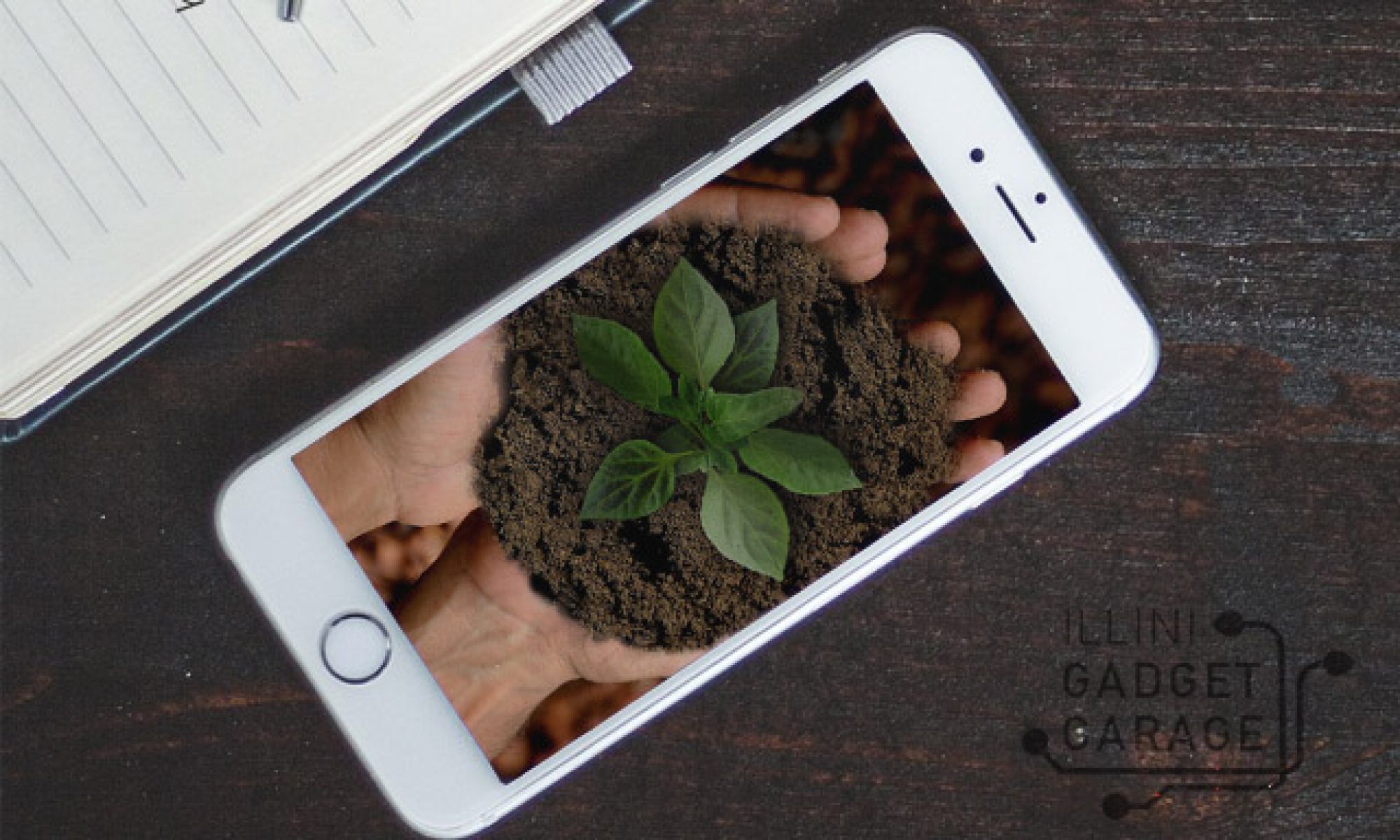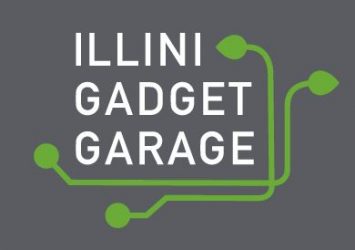Electronic waste is a growing national and global problem. The US Environmental Protection Agency reports that 40.4 % of electronics were recycled in the US in 2013. While the proportion of electronics recycled nationally has increased in recent years, due largely to landfill bans and related legislation in various states, it’s also true that our consumption of electronic devices is increasing over time. For example, PC World reported that 1 billion smartphones were shipped worldwide in 2013—enough for roughly 1 in every 7 humans on the planet.
That’s a staggering statistic for only one category among many electronic devices which saturate our lives. Beyond items like your phone or laptop, electronic components appear in a multitude of everyday items not typically considered “electronics,” from coffeemakers to greeting cards that play music. The manufacture and transport of electronics require great investments of natural and human resources in a variety of ways, and include economic, social, and environmental impacts throughout their product lifecycles. Meanwhile, society continues to foster the perception of electronics as items meant to be replaced frequently as newer models are released, or to be considered completely disposable (in the case of products like electronic greeting cards). The belief of many consumers that electronics are too complex or expensive for a layperson to repair often contributes to the short lifespan of electronics in practice, causing people to replace mildly damaged equipment rather than investing resources in maintenance.
We want to change those perceptions, and contribute to overall efforts to make our campus, community, and world a more sustainable place. We do this by assisting in troubleshooting and repair of electronic devices, encouraging consumers to consider, and take on, repair rather than replacement of devices. We work to keep devices in service for as long as possible, to educate consumers about the impacts of electronics, and provide information about recycling and reuse options. We also want to “demystify” technology and make its use and maintenance as inclusive as possible–you don’t have to be technically inclined to repair what you own, to make use of our space, or be part of our community.
Reduce, rethink, repair, reuse, recycle. Revolutionary!

